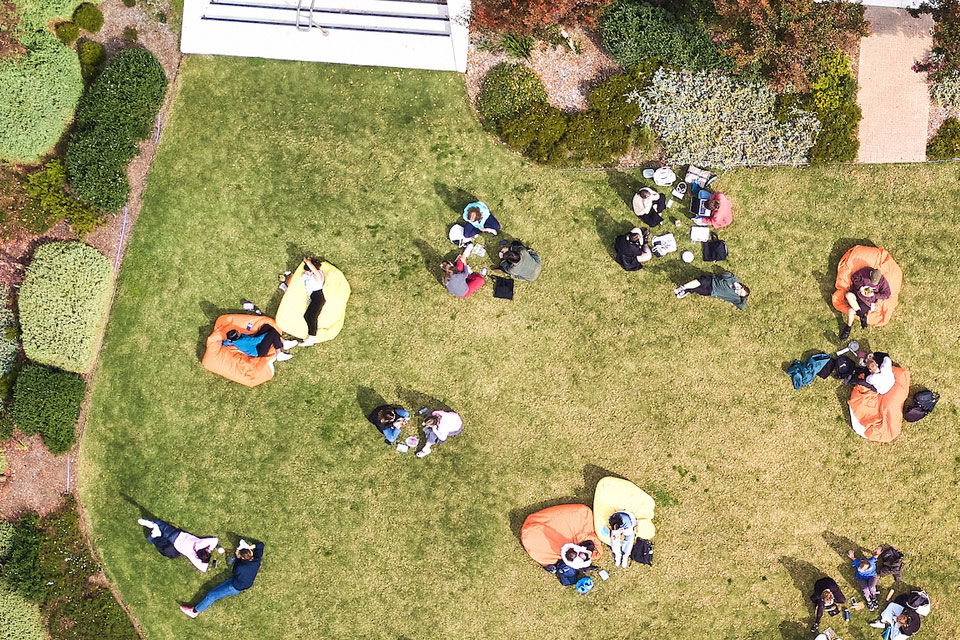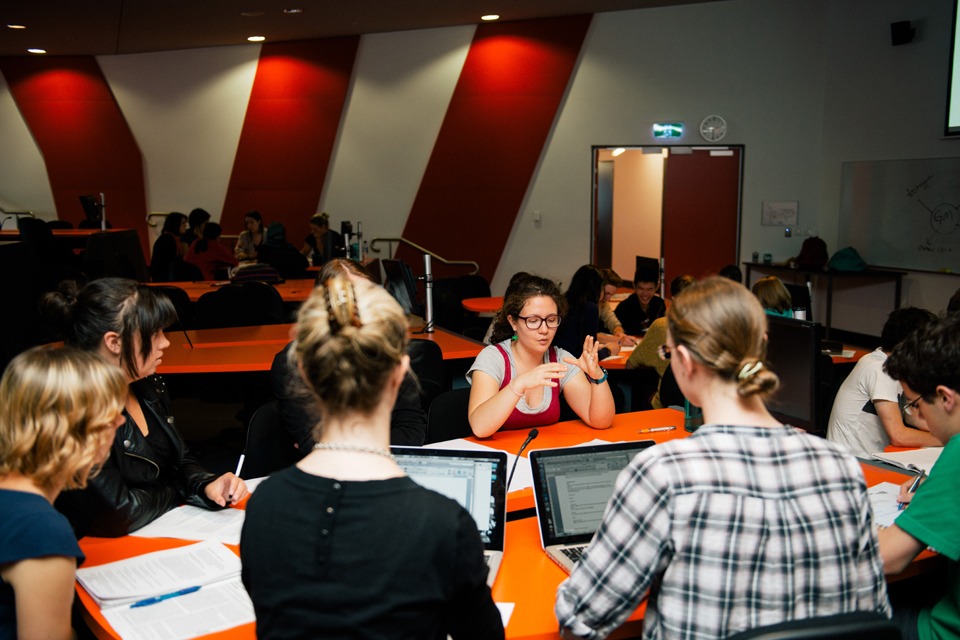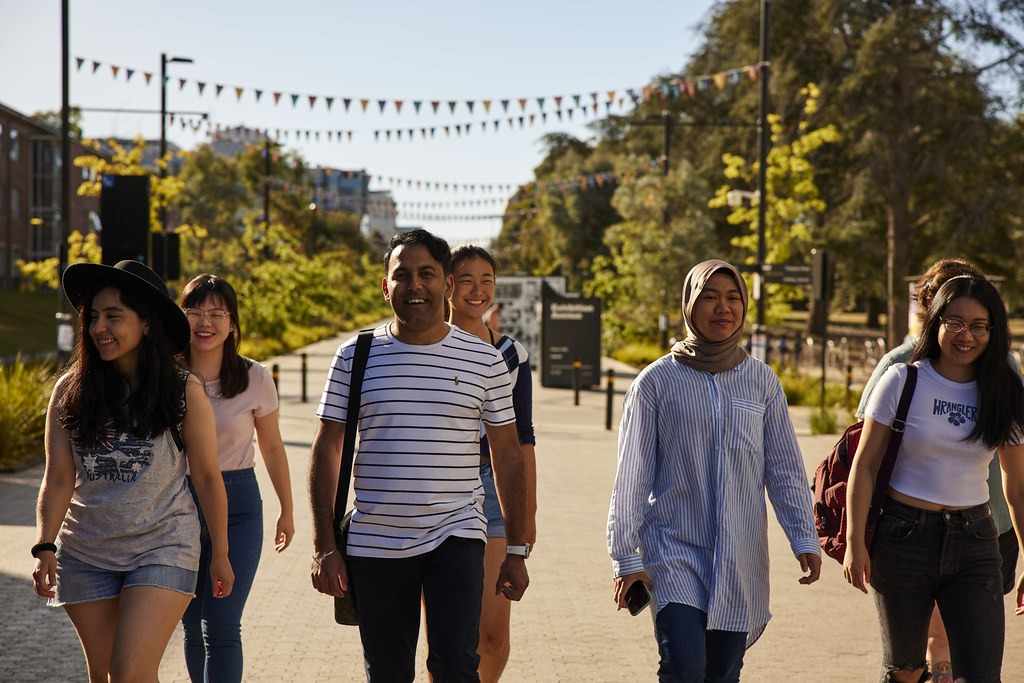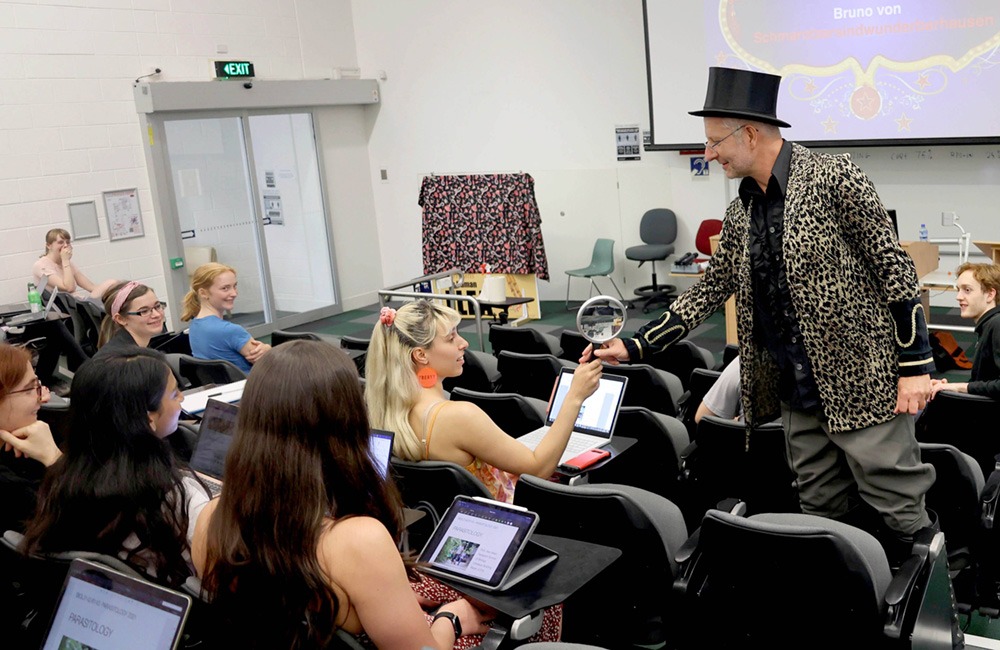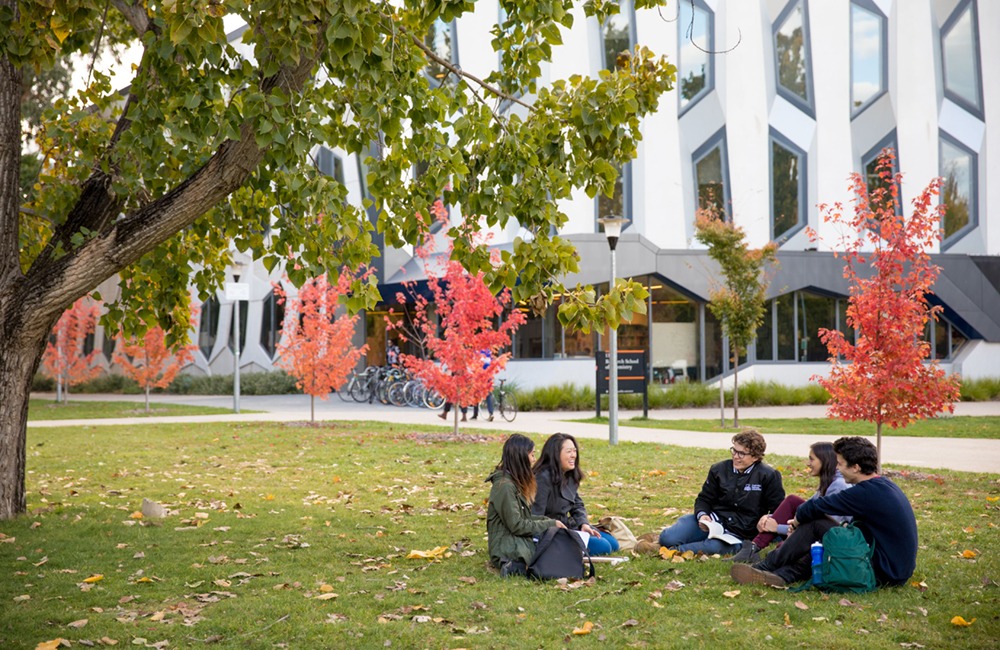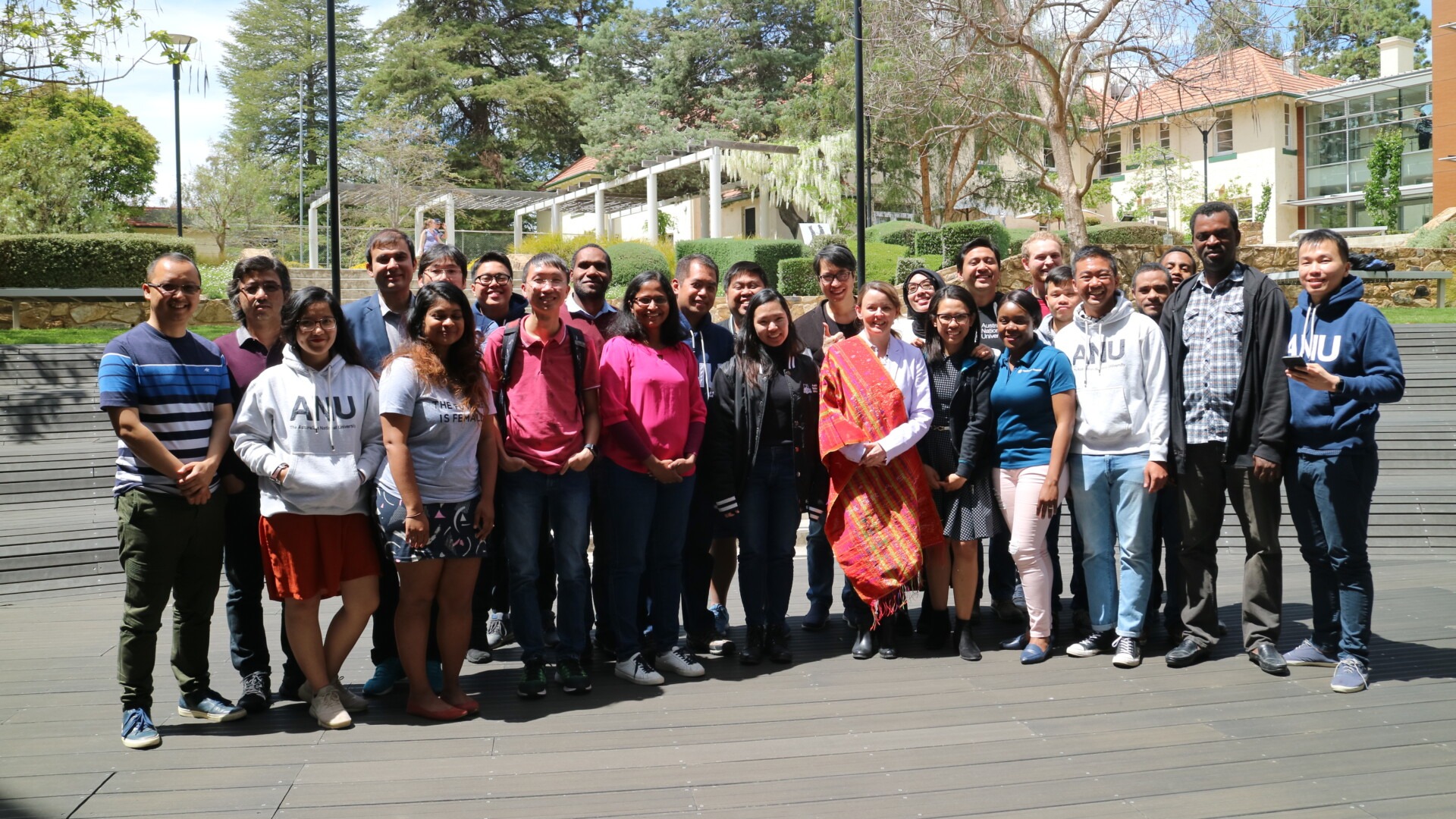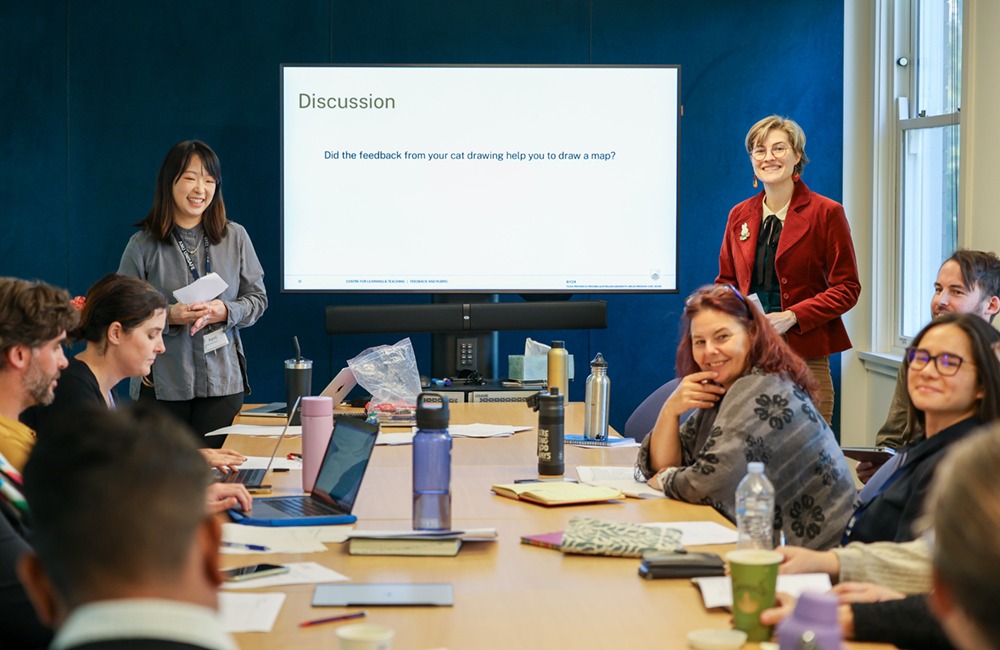Wrap Up : Lunch Vox #1
Lunchtime is an oasis amidst the working day. It’s the brief hour to catch up with colleagues, feel refreshed, and take stock of what has transpired and what can be expected in our working lives. Currently, the lives of academic teaching staff at ANU have been upturned by the transition to multimode course delivery. We have welcomed (or grappled with) new technologies and faced the challenge of adapting our teaching to an entirely new context. For good or for ill, teaching is on the brain. And with our community no longer congregating in shared, physical spaces, the need for the lunchroom and a collective lunchtime is greater than ever.
Enter stage left: the ANU Lunch Vox: Campus Conversations about Teaching and Learning. As suggested by the series’ title, this is a lunch hour event in which we can come together and have our voice (vox) on all issues teaching and learning. The series involves panel sessions comprising students, professional staff, and academic teaching staff from all corners of the campus and at all stages of their careers. The panel sessions are candid, sometimes contentious, but always constructive. They are an opportunity to have conversations about the real issues facing teachers and students, to share teaching practice, and to inspire new ways of thinking about education at ANU.
The very first session in the series delved into the big ticket issue of 2020 – Radical Shifts: Teaching in a Time of Transition. Chaired with eloquence and thoughtfulness by Associate Professor Katherine Daniell, ADE to the College of Engineering and Computer Science, the panel explored their personal experiences and the triumphs and tribulations of transitioning to online.
Professor Sam Bennett from CASS inspired us with talk of creating practical take-home toolkits for music students; isolating silver linings (improvements in engagement) and dissecting the challenges posed by courses in which students need access to university studios and equipment.
Jenny Simmons from CECS reflected on a similar challenge for Engineering students, describing the extraordinary lengths she and other ANU educators have undergone to provide viable learning experiences (personal delivery of lab kits, anyone?). Jenny also supplied the audience with ideas and advice on handling group work in a remote environment.
Practical strategies and empathetic musings were provided by Professor Edie Sevick from COS, who detailed innovated approaches to Zoom and ways of making the virtual classroom an engaging one. This included a sage reflection on balancing engagement with pastoral support, advising caution before enforcing videos to be turned on in a zoom class – you don’t know what space your student inhabits and what capacity they have for being visible on any given day.
2020 has been incredibly difficult for students and there are a multitude of reasons why a student wants to engage in a less conspicuous manner. Associate Professor Jo Ford expanded on the need for fostering interactions online through a range of activities that brought students together as a learning community. He provided solutions for using tech to support engagement, while emphasising the importance of considering the differences in students’ access to learning.
The questions and comments poured in thick and fast from audience members. Some contributed video questions before the event, others provided prompts during the session and engaged in conversations with each other. It was clear from the abundance of questions that the panellists’ presentations and discussions had inspired the curiosity and passion of the audience.
Clearly, this is a conversation the ANU community wants to be involved in, and the conversation continues on this Padlet. Please feel free to respond to the questions and comments, whether you attended the panel or are exploring it for the first time now.
Watch the video and read our wrap-up from previous sessions.
Dr Kelly Frame is a Senior Education Designer in the Education Design (ED) team – one of three teams within the ANU Centre for Learning and Teaching (CLT).
